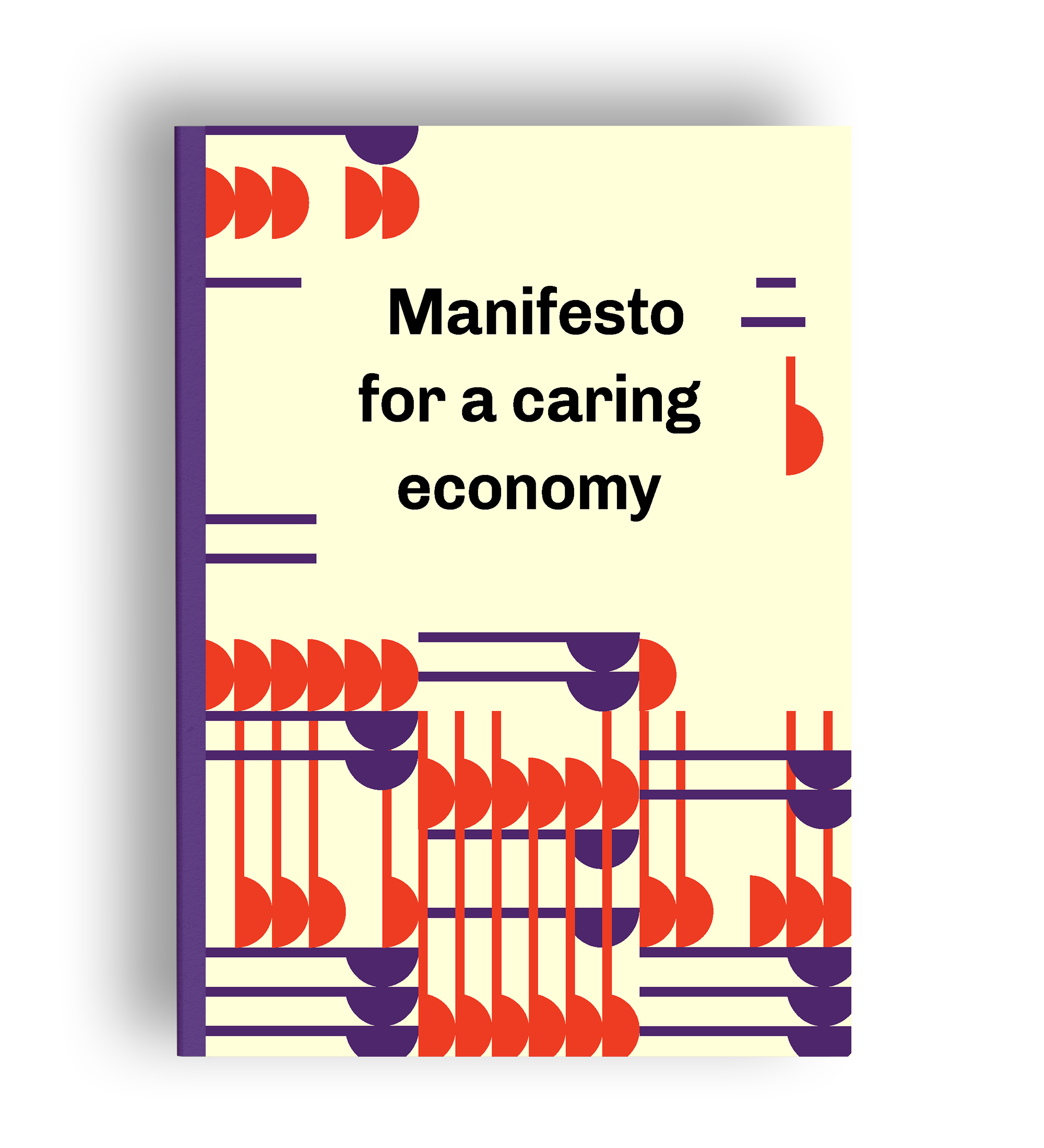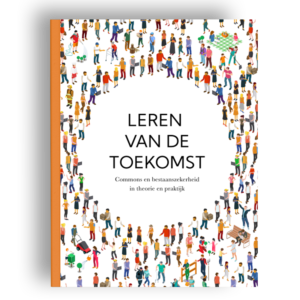Description
The Manifesto for a Caring Economy is a plea for caring as an antidote to neoliberalism. In it, we argue for a regenerative and provisioning economy in which caring communities are the foundation of a truly democratic and sustainable society.
How do we want to live and who do we want to care for? What is important to us? This manifesto calls for a tilt of perspective. Individual achievement or collective well-being? Competition or cooperation? Control or trust?
But this manifesto also makes an appeal to politicians: care work must be distributed more equally, livelihoods must be strengthened, the market must be regulated. In addition, numerous investments are needed in the caring domain. To this end, Manifesto for a Caring Economy makes a number of concrete recommendations: introduce a so-called care income, embrace working with Public-Collective Partnerships (PCPs), shorten the working week and establish incubators for the cooperative sector.
This manifesto draws inspiration from the feminist thinking of the 1970s and from the many new economic schools of thought, many of which are led by women scientists. In addition, this publication points to practice: a number of case studies from the Dutch cooperative sector are presented as precursors of the new caring society.
Manifesto for a Caring Economy is written by Sophie Bloemen, co-director of Commons Network and Winne van Woerden, Lead Researcher Caring and Degrowth, with editing by Thomas de Groot, co-director of Commons Network.
Reviewers: Roos van Os, Godelieve van Heteren and Jens Kimmel.
Artwork: Mick van Dijk.
This publication was produced in part with support from the Cities for Change program of the City of Amsterdam.
 ☰
☰




